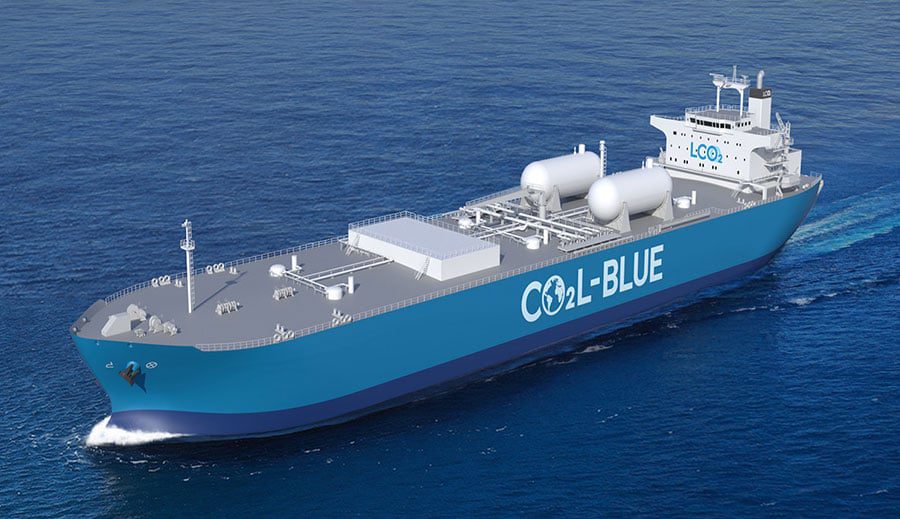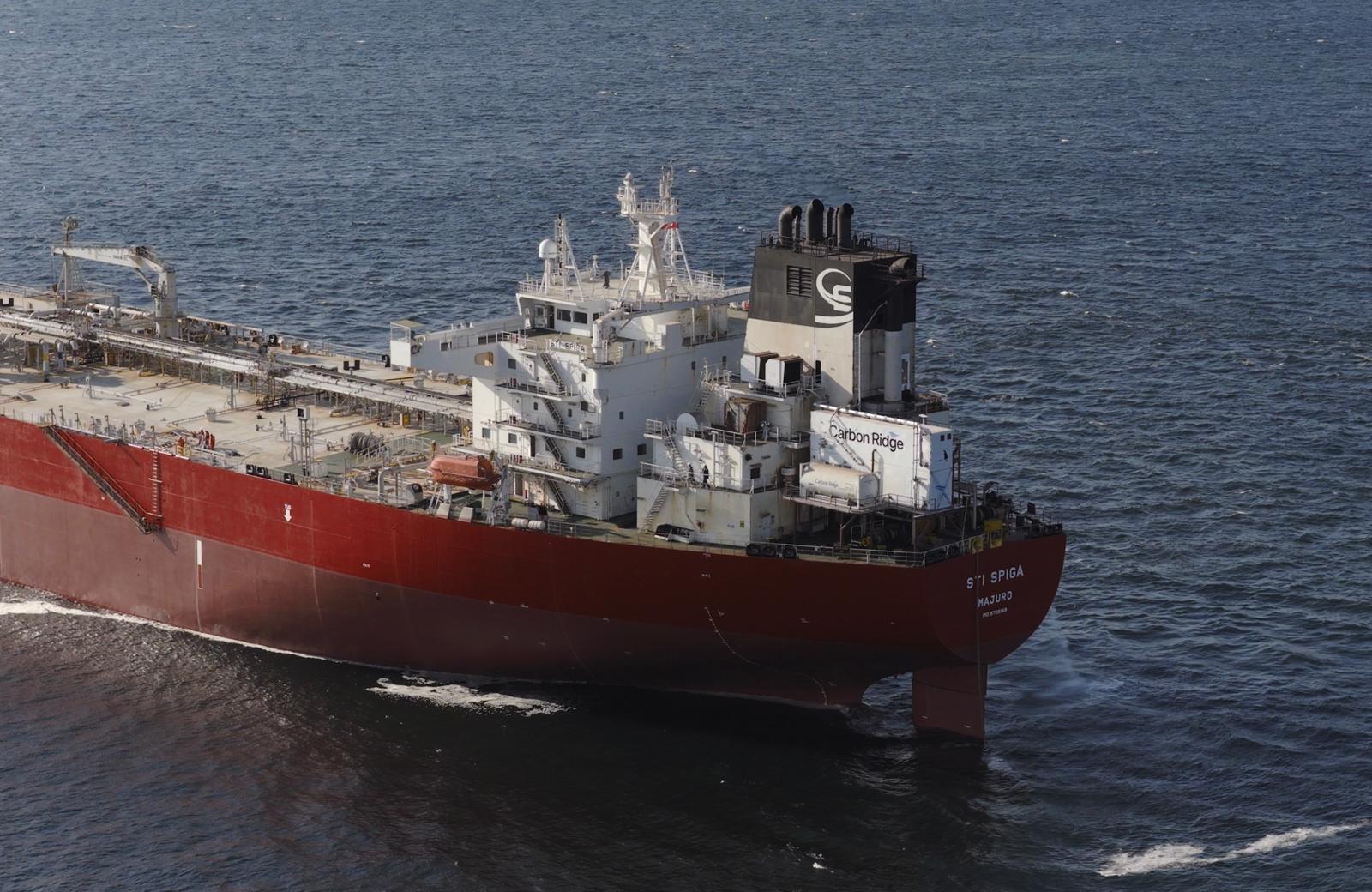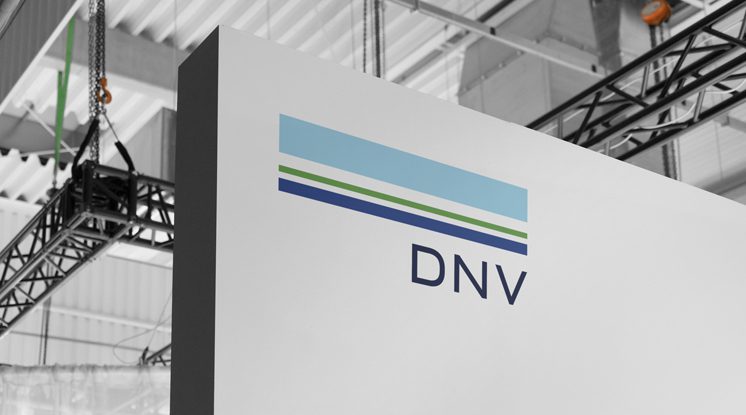In response to the increasing demand for CO2 transportation resulting from the growth of carbon capture and storage (CCS) projects, a group of Japan’s shipbuilders has announced a new project to develop an ocean-going liquified carbon dioxide (LCO2) tanker.
The group consists of Mitsubishi Shipbuilding, a subsidiary of Mitsubishi Heavy Industries (MHI) Group, and Nihon Shipyard Co., Ltd., a Tokyo-based joint venture between Imabari Shipbuilding Co., Ltd. and Japan Marine United Corporation. Together, they will embark on a collaborative study for the development of a large-scale, ocean-going LCO2 carrier.
The demand for LCO2 transportation is expected to grow alongside the emergence of CCS projects, which involve securely storing captured CO2 underground. The number CCS projects in development is increasing with the growing support of national governments, particularly in Asia following the lead of the EU. As a result, partners in the project believe establishing a robust shipbuilding infrastructure in Japan to meet the demand for LCO2 carriers is crucial.
Construction of LCO2 test ship is projected to take place at Nihon Shipyard, with potential delivery estimated for 2027. The project will capitalize on Mitsubishi Shipbuilding’s expertise and advanced gas handling technology from designing and constructing liquefied gas carriers, such as liquefied petroleum gas (LPG) and liquefied natural gas (LNG) carriers. Nihon Shipyard, on the other hand, will contribute its wealth of shipbuilding experience across various vessel types and advanced technological capabilities.
MHI Group is proactively pursuing strategic measures to bolster its position in the energy transition. Alongside conventional shipbuilding operations, Mitsubishi Shipbuilding aims to leverage its marine engineering technologies rooted in shipbuilding to contribute to the advancement of the maritime industry in Japan and globally. This latest project serves as a significant component of these efforts.
Through collaboration with multiple Japanese shipping companies, as well as domestic and overseas energy firms, Mitsubishi Shipbuilding is actively pursuing the development and commercialization of LCO2 carriers.
Anticipating forthcoming regulations restricting CO2 emissions, Nihon Shipyard is exploring the commercialization of LNG and ammonia-fueled ships.
Moving forward, Mitsubishi Shipbuilding and Nihon Shipyard have committed to providing the market with the dedicated LCO2 carriers to establish a comprehensive CCS value chain.
Mitsubishi Shipbuilding Co. in March launched a LCO2 carrier that is being built for Sanyu Kisen Co., working in partnership with Japan’s New Energy and Industrial Technology Development Organization (NEDO), an organization of the Japanese government that works to promote the research, development, and demonstration of new energy and industrial technologies. The ship is scheduled for delivery in the second half 2023 following outfitting and sea trials.
Editorial Standards · Corrections · About gCaptain

 Join The Club
Join The Club











